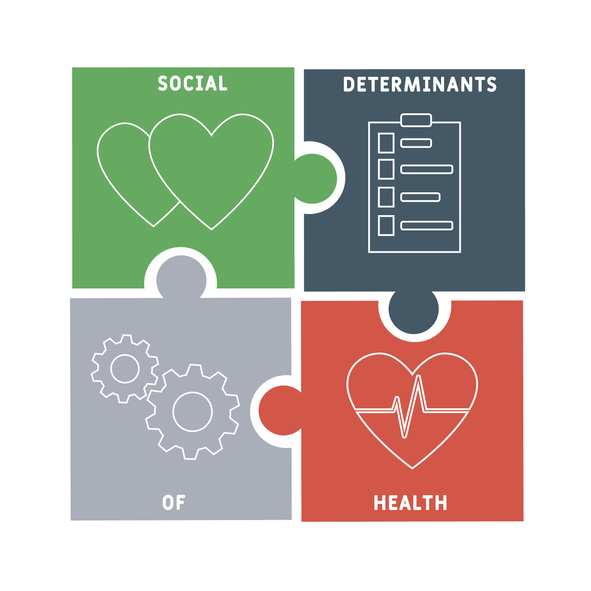By Patrick Ross, MPH, Associate Director, Federal Relations
In September 2022, the Biden-Harris administration released its national strategy to combat hunger and promote nutrition and convened a White House Conference on Hunger, Nutrition, and Health, the first in over 50 years. The strategy’s goal is to end hunger in the United States and increase healthy eating and physical activity by 2030 to curtail diet-related diseases and reduce related health disparities.
The White House highlighted the ways that nutrition and exercise intersect with health disparities. Americans who lack access to nutritious food are disproportionately low-income, Black or Hispanic, or live in rural areas. In addition, diet-related diseases are more likely to impact certain communities including veterans, LGBTQ+ individuals, and older adults. Achieving equity is a large focus of the White House strategy.
The White House urged stakeholders to commit to the five pillars of the national strategy with particular focus on the integration of nutrition and health. The plan calls for expanding access to “food is medicine” initiatives such as medically tailored meals and groceries or produce prescriptions, and incentivizing healthcare providers to screen for food insecurity and other social determinants of health. Such incentives would support efforts, including The Joint Commission’s new and revised requirements to reduce healthcare disparities, that aim to increase screening of health-related social needs and connect patients with community resources and supports.
Recognizing the connection between nutrition, health, and health equity, The Joint Commission has signed on to the Sync for Social Needs coalition. The initiative encourages organizations to integrate nutrition information into a patient’s electronic health record by implementing a standardized, Fast Healthcare Interoperability Resources (FHIR)-based approach for collecting and sharing health-related social needs screening results.
Patrick Ross is an Associate Director for Federal Relations in The Joint Commission’s Washington, D.C. office. The Washington, D.C. office is The Joint Commission’s interface with the federal government and with public policy issues.




